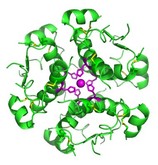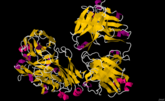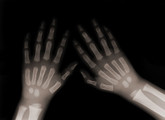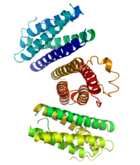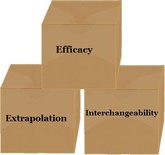Biosimilars
Huahai and Oncobiologics make biosimilars deal
US-based Oncobiologics announced on 8 May 2013 that it had signed an alliance agreement for the development, manufacture and commercialization of biosimilar monoclonal antibodies with Zhejiang Huahai Pharmaceutical (Huahai).
Agila Biotech and Pfenex make biosimilars deal
Agila Biotech, a subsidiary of India-based Strides Arcolab, and US-based biotech firm Pfenex announced on 16 April 2013 that they had entered into a joint venture for biosimilars.
Sanofi starts biosimilar insulin trials
Pharma giant Sanofi confirmed in its 2013 Q1 business report that its biosimilar insulin projects have entered into phase I of clinical development as planned. Sanofi intends to develop these insulin products in order to further enlarge the Sanofi diabetes portfolio and better serve the needs of people with diabetes.
Intas launches rituximab ‘similar biologic’ in India
India-based generics company Intas Pharmaceuticals (Intas) announced the launch of a ‘similar biologic’ – as the Indian regulatory authorities call these products –version of rituximab in India.
Development of biosimilars for rheumatology
In 2012, worldwide sales for the top three selling tumour necrosis factor (TNF) inhibitors reached US$20 billion. These biological treatments for arthritis are costing patients between US$10,000–US$30,000 per year making the need for lower cost biosimilars clear [1].
Sandoz applies for Japanese approval for biosimilar G-CSF
Novartis generics unit Sandoz announced on 25 April 2013 that it has filed an application with the Japanese health authority – Pharmaceuticals and Medical Devices Agency (PMDA) – for marketing authorization of EP2006, a biosimilar version of recombinant human granulocyte colony-stimulating factor (G-CSF).
Biosimilars agreements for Hospira and mAbxience
In line with Hospira’s strategy of expansion into biosimilars, the injectable generics specialist announced on 29 April 2013 that it had entered into a collaborative arrangement for several biosimilar products with NovaQuest Co-Investment Fund I, L.P. (NovaQuest).
Hospira marks five years of biosimilars
Self-proclaimed world leader in injectable drugs, Hospira, commemorated five years of providing biosimilars to the European market at the BIO International Convention in Chicago, USA, on 24 April 2013.
Celltrion stops phase III trial of biosimilar rituximab
South Korean biotechnology company Celltrion has stopped the late-stage trial of its biosimilar version of Roche’s blockbuster arthritis/non-Hodgkin’s lymphoma drug MabThera/Rituxan (rituximab).
Efficacy, extrapolation and interchangeability of biosimilars
Biosimilars have been available in Europe for more than seven years; despite this fact, physicians still have concerns about the use of biosimilars. Some of their concerns have been discussed by members and experts of the Working Party on Similar Biologic Medicinal Products of the European Medicines Agency (EMA) [1].

